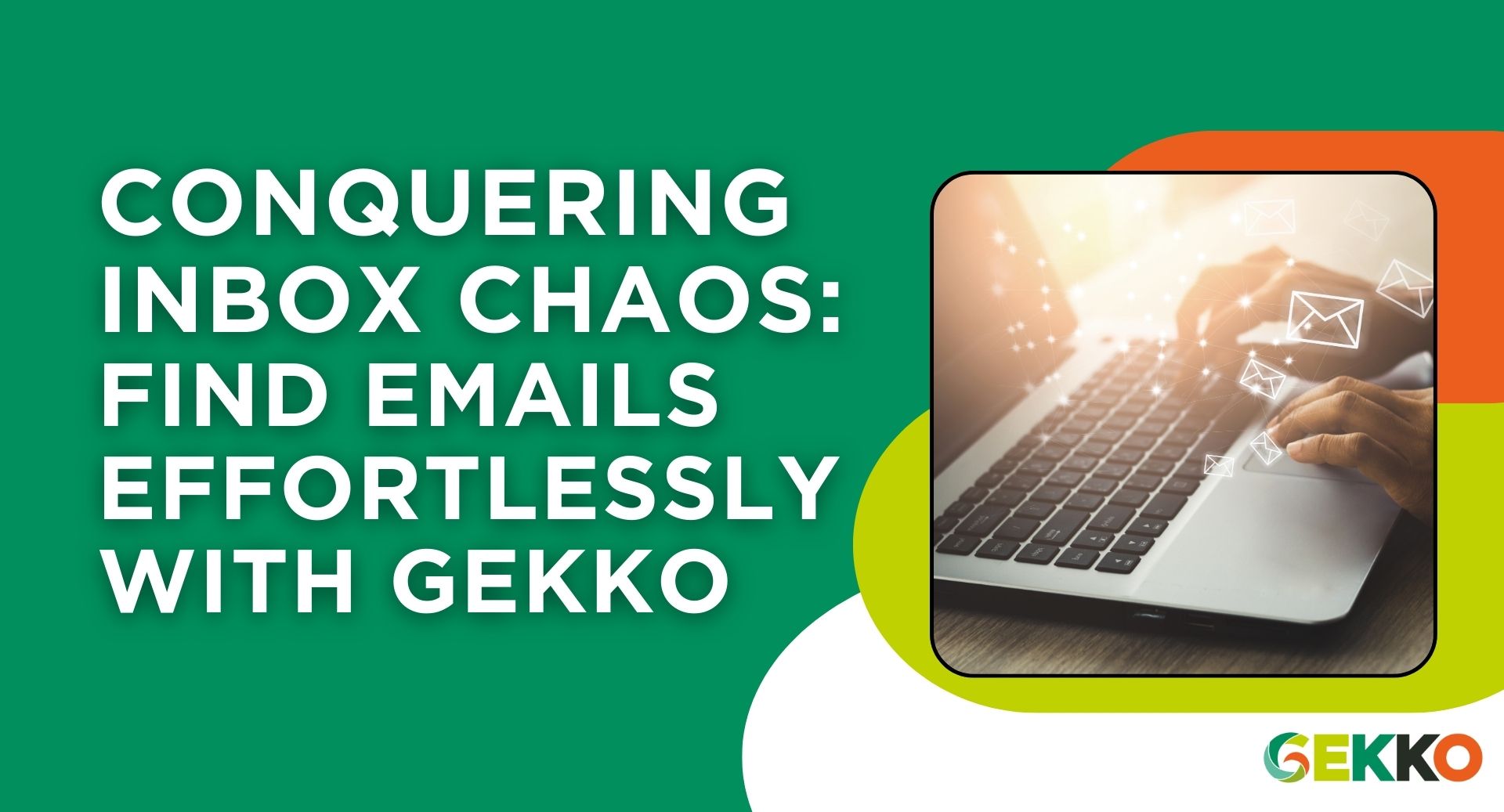The ‘Dark Cloud’ – is your data safe?
We all utilise the cloud in one way or another, whether to listen to our music playlist, send our files to a drop box or access our emails – the cloud has become so integral to our everyday lives that most of us use it without a second thought. But what does cloud computing stand for and why does this bring up so many fears centred around data safety and security?
The cloud; a basic explanation
The cloud is a gigantic concept serving numerous applications, functions and users; so, for the sake of simplicity, I’ll use our Gekko email application as an example.
Like everyone else, I access my email account instantly and frequently; this could mean a quick glance through my inbox via my phone during the morning commute or logging in to that same email account from my desktop once I‘ve arrived into work. Whilst these actions are executed, my data is being synched back and forth on Gekko’s servers from where it is stored. In a nutshell, cloud computing is all about storing and retrieving data from a ‘reserved’ space on the internet – nothing is kept on your local hard drive and it is accessible from any location, any device and at any time.
The Problem
Gartner has predicted that by 2016 over one third of all digital data will be stored in the cloud, so it’s clear to see how quickly cloud computing is shaping the digital age. Despite this, the thriving trend of cloud adoption is tainted with fears and questions revolving around issues such as security, loss of data and, ultimately, loss of control. Past and current news stories reporting data breaches and privacy certainly haven’t helped to build a strong case of positivity around the cloud.
The Truth
The fact of the matter is that cloud services are not as ‘insecure’ as the headlines make out. There also seems to be a common and rather unfortunate misconception that because we can’t see our data safely stored on our local hard drive/server, it’s less secure. This couldn’t be further from the truth.
The bottom line is this…
Most reputable companies have tried and tested security systems to ensure that only you have access to your data. The cloud-based solution we offer in Gekko provides a level of security way beyond the scope of a conventional office.
Users of Gekko can be reassured that their data is fully protected and securely held in a UK based data centre. Our security certificates ensure that our servers hold your data securely at all times and that you always retain full data ownership. We conform to a number of ISO standards, and fully comply with UK data protection legislation. Any data stored within Gekko is kept safe and secure.
Back it up
Data should be automatically backed up as standard with cloud based applications, however we go one step further whereby the base server(s) and SQL database backup schedule includes a differential daily backup and a full weekly backup. Backups are kept on a rolling two week basis. The Gekko email .msg files are backed up using a daily differential and stored outside of the Gekko infrastructure as well as our own data centre. That’s a lot of backups, but crucial for security.
And in the event of a catastrophe?
All reputable cloud storage providers should replicate your data several times on different servers to ensure that in the event of a catastrophe, your files are safe. This is not to say, however, that your data will ever be 100% safe: natural disasters, fires and malicious damage (for example) are all events which you can plan protection for but which can never necessarily be avoided.
Demand transparency
If you are using a cloud based service and still have doubts, there is absolutely nothing wrong with questioning your providers to put your mind at ease on issues such as:
- Where data is stored and how.
- Who ensures full ownership?
- What happens in the event of a catastrophe?
One more thing…
Sometimes we focus too much on the outside influences we forget that the main weakest link between data and security could be ourselves:
When it comes to setting up your passwords follow approved security best practices such as not re-using passwords across all services. If you are accessing corporate data from a personal device ensure that this is also secure too.
The key thing to remember about the cloud is the fact it only appears ‘dark’ as a result of the user’s lack of transparency. Keeping visibility a priority will ultimately keep you in control and free to enjoy all the capabilities the cloud has to offer.












